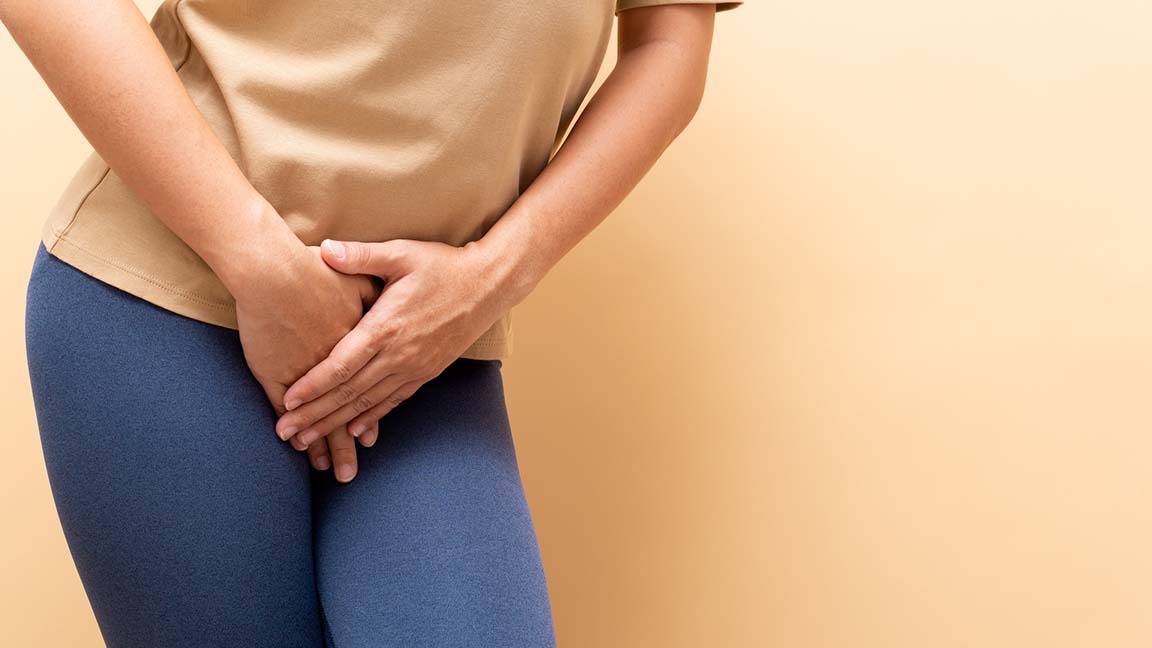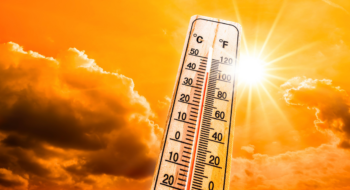No one wants to make lots of trips to the bathroom. It’s inconvenient and can be embarrassing. But if you feel like you’re always just a few minutes away from having an accident, excessive bathroom trips can become a fact of life.
For some people, the condition can impact everything they do. They may be reluctant to leave the house or find themselves making detailed plans about how far they can stray from a restroom.
Ideally, you want to pee about once every two hours, and no more than once in the middle of the night, says Dr. Annaceci Peacher, a urogynecologist who provides care at the Georgetown and Holmestown Road locations of Tidelands Health Women’s Center. If you regularly feel the urge more often than that, you may want to consult with a physician.
There are several factors that can contribute to the frequent urge to urinate — some you can control and some you can’t. Here are four reasons you may be experiencing the need to pee more often than normal and what you can do about it.
1. Your sex
The feeling of having to pee urgently and frequently is generally more common in women and more common still among postmenopausal women. Less estrogen to the bladder can increase irritation, which can increase the urge to urinate. Treatment such as medications and surgery can make a difference.
Although an increased urge to pee is a common part of aging, Dr. Peacher says, you don’t have to live with the negative effects.
“It can be treated,” she says.
2. What you’re drinking
The amount and types of liquid you consume can have a major impact on how often you need to relieve your bladder.
Coffee, tea and soda can irritate the bladder and increase the need to urinate. It’s better to drink decaf when you can, but even caffeine-free versions of coffee and tea can irritate your bladder.
Ideally, most people should be drinking between 64-70 ounces of water per day.
3. An infection
If you see a physician about having to pee frequently, one of the first steps your doctor may take is to order a urine test.
Although commonly associated with a burning sensation while urinating, urinary tract infections also often present as a frequent, urgent need to pee.
“It’s very common to get a urine sample and check if they have an infection because that’s an easy fix,” Dr. Peacher says.
But if you’re having to wear pads, experiencing leakage or noticing that you’ve changed your lifestyle based on how often you have to pee, it’s a sign that it could be something more.
4. Other medical conditions
Sometimes, other medical conditions can influence how often you need to pee.
Watch out for hypertension, Dr. Peacher says. High salt intake, which can raise your blood pressure, can also cause your kidneys to work overtime, sending you to the bathroom more often. Plus, high blood pressure is often treated with diuretics, which can increase the frequency of urination.
Neurological disorders can cause the feeling as well. Spinal cord injuries, stroke, Alzheimer’s disease or nerve disorders from diabetes or alcoholism can interfere with the messages sent between your brain and your bladder and make you feel like you have to go.
Featured Article
Moms: Specialized therapy offers relief from pain, incontinence after birth
Read ArticleAnatomically, you have to relax to go pee. If your pelvic floor muscles are contracting — often a learned behavior — then your body is working against you when you try to pee. Patients with this issue often need to see a physical therapist who specializes in pelvic floor disorders for treatment. One the other end, if your pelvic floor muscles are weak, which is common after giving birth, it can lead to urine leakage.
If you think your urination habits aren’t normal, talk to your doctor about possible causes and treatments.
“Although it’s natural to feel a sense of embarrassment, we want our patients to feel comfortable coming to us to find relief – it can be life-changing,” Dr. Peacher says.

Dr. Annaceci Peacher
Urogynecologist, Tidelands Health Women's Center
Bio
Dr. Annaceci Peacher is a fellowship-trained urogynecologist who provides care at Tidelands Health Women’s Center. She is accepting new patients.
Learn MoreMedical Education
Education
- University of Texas Health Science Center at San Antonio
Residency
- University of Texas at Austin
Fellowship
- Mount Sinai Icahn School of Medicine
Awards
Board Certification
American College of Obstetricians and Gynecologists
Meet the Expert
Dr. Annaceci Peacher
Dr. Annaceci Peacher is a fellowship-trained urogynecologist who provides care at Tidelands Health Women’s Center. She is accepting new patients.







